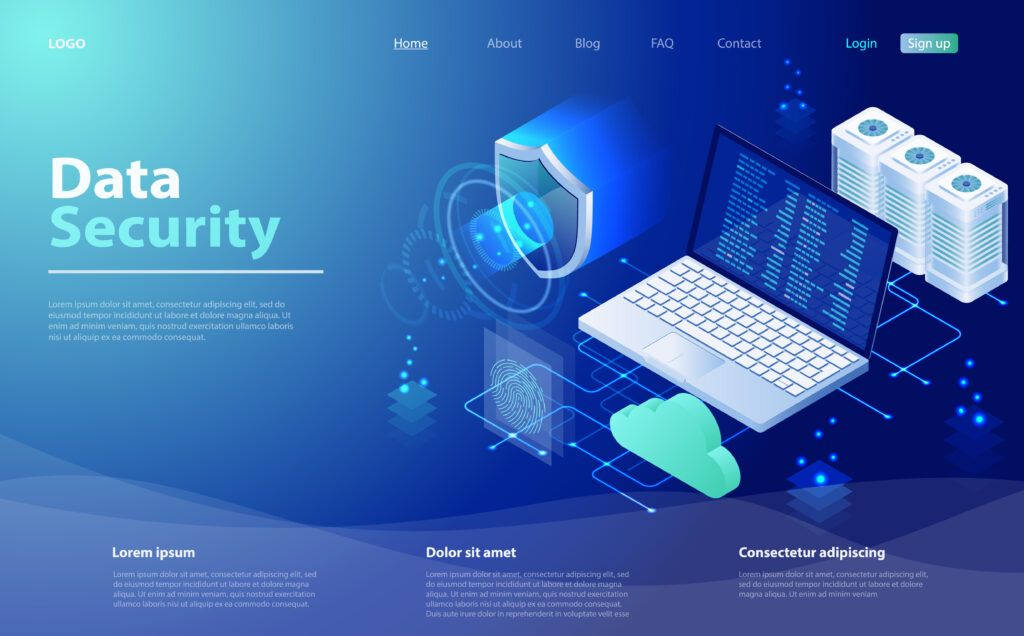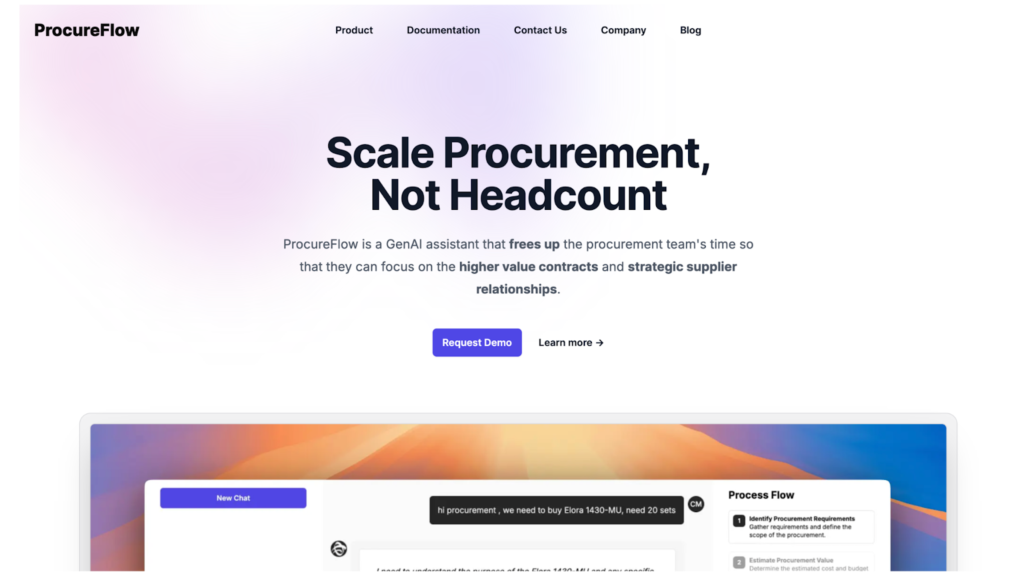Protecting your digital privacy has become more vital than ever. VPNs have emerged as invaluable tools for ensuring your sensitive information is secure and your browsing history private. Understanding what VPNs mean, how they work, and their benefits can help you decide to safeguard your online privacy effectively.
VPN Meaning
A Virtual Private Network (VPN) is a service that ensures a secure, encrypted connection. It creates an encrypted tunnel that shields your data from ISPs, hackers, and other potential eavesdroppers. So, a VPN primarily masks your IP address to make your browsing actions virtually untraceable.
A VPN can be more helpful when accessing public Wi-Fi networks since they’re often dangerously insecure. Using a VPN ensures that sensitive information like personal data and passwords remains shielded from malicious actors. Besides understanding VPN Meaning, you need to know how this service functions.
How Does It Work?
VPNs usually route your traffic through one of the servers, encrypting your data in the process. That means anyone looking to intercept your traffic will only find scrambled, unreadable data. The VPN server masks your actual IP address. It then forwards your traffic to its chosen destination, e.g., a website or online service.
Besides protecting your data, this process makes you seem to be browsing from another location. As such, this can help bypass geo-restrictions and access content. Although most streaming services restrict movies and shows to specific countries, a VPN can help.
VPN Benefits
One of the significant benefits of using VPN services is enhanced security. A VPN encrypts your data to shield you from cyber threats like man-in-the-middle attacks and data breaches. This is particularly helpful when using unsecured networks like public Wi-Fi in hotels, airports, and cafes.
Another standout advantage is enhanced privacy. Since VPNs hide your IP address, it is difficult for advertisers, websites, and ISPs to monitor your browsing activities. Besides preventing targeted advertising, this can prevent the collection and selling of your browsing history to third parties.
You can also access restricted content using a VPN. Perhaps you want to watch a trending movie that is unavailable in your country. Maybe you’re trying to access a site that’s blocked by your government. Fortunately, a VPN can help you bypass such restrictions.
Choosing the Right VPN
There are several vital factors to evaluate when selecting a VPN. For starters, assess its security features. Ensure the VPN utilizes strong encryption protocols and offers a kill switch to secure your data if your connection drops. Also, look at the VPN’s privacy policy to confirm that it won’t log your online activities.
The VPN’s speed is another crucial factor to consider. VPNs will somewhat slow your Internet connection, but some are faster than others. So, select a provider with high-speed servers that won’t throttle your bandwidth. Using the VPN for gaming or streaming will be more beneficial.
Lastly, consider the VPN’s interface and customer support. A responsive customer support and an easy-to-use interface can make a significant difference. Some VPN services also provide additional security features like ad-blocking and malware protection.





